Cambridge University Library's Future Nostalgia project is racing against time to extract priceless data from decaying floppy disks, including Stephen Hawking's lectures and personal files, before magnetic degradation erases them forever. Archivists confront obsolete hardware and vanishing expertise to prevent a 'digital dark age' where decades of cultural and scientific heritage could vanish. This effort underscores the fragility of early digital storage and its critical lessons for modern data
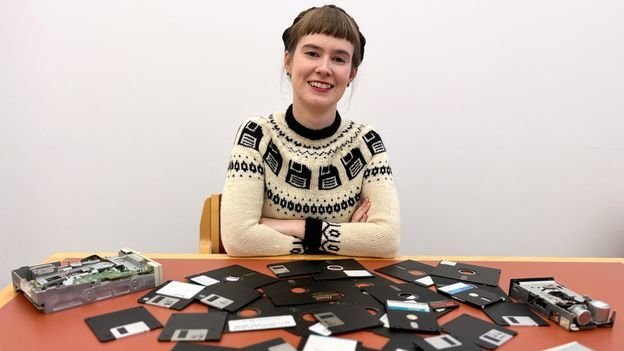
Deep within Cambridge University Library's climate-controlled vaults, rare manuscripts like Isaac Newton's letters and the 2,200-year-old Nash Papyrus are meticulously preserved. Yet, a more insidious threat looms over modern treasures: the humble floppy disk. Archivists are now in a high-stakes race against entropy to rescue data trapped on these aging relics, from Stephen Hawking's theoretical musings to political correspondence, before their magnetic coatings degrade into oblivion. This isn't just about nostalgia—it's a battle to avert a 'digital dark age' where the late 20th century's knowledge could disappear as completely as if it were written on sand.
At the heart of this effort is the Future Nostalgia project, spearheaded by digital preservationist Leontien Talboom. As personal computing-era donations flood archives—often from retirees or estates—floppy disks emerge as deceptive time capsules. Though their plastic shells endure, the iron oxide inside loses magnetism over decades, rendering data irretrievable. "If you've got a book, it doesn't matter how old it is—you can still read it," Talboom notes. "With floppy disks, you need specialized equipment just to access the content. It's like requiring a key to open a book, and sometimes the lock is broken."
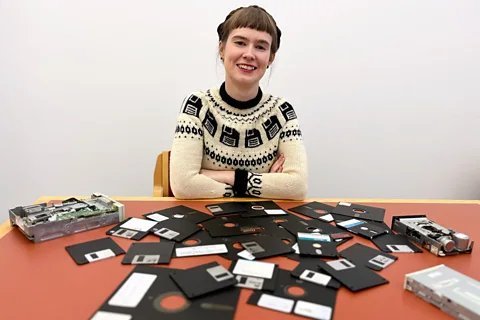
The technical hurdles are formidable. Floppy disks came in a chaotic array of formats—from 8-inch behemoths to short-lived 3-inch variants—each demanding specific drives and software. For Hawking's collection alone, archivists faced two distinct sets: early 5.25-inch DOS disks containing personal letters and games (revealing his playful side), and later 3.5-inch Mac disks holding sprawling lectures split across multiple disks due to size constraints. "There wasn't one system that dominated the market. It was a bit of a wild west out there," Talboom explains. Sourcing working hardware involves scavenging eBay and auctions, with drives for rarer formats like Neil Kinnock's 8-inch political disks becoming scarcer yearly. Even when found, drives often require jerry-rigged power solutions or delicate mold removal from disks stored in damp attics.
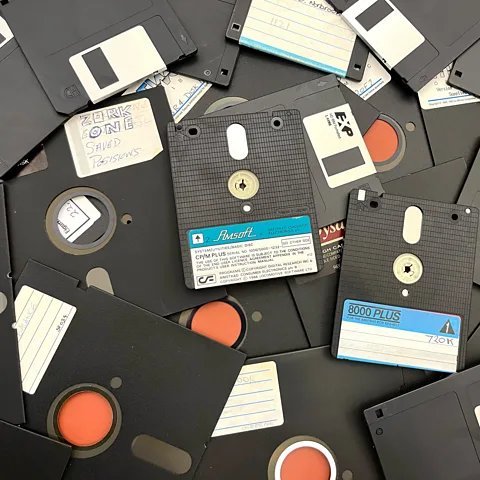
Data extraction is only half the battle. Once read, files formatted in obsolete systems like the Diamond Word processor must be 'translated' for modern access—a process Peter Rees, a project archivist, likens to deciphering ancient texts. "Philologists translate Latin into readable text. We're doing that with illegible code," he says. For Hawking's materials, this means reconstructing how his speech-synthesis software integrated plain-text fragments for conversations. The urgency is palpable: with disks now 40-50 years old, magnetic decay accelerates, forcing archivists to prioritize recovery over immediate accessibility. "Many floppy disks are starting to degrade. We have to save them as quickly as possible," warns Talboom.
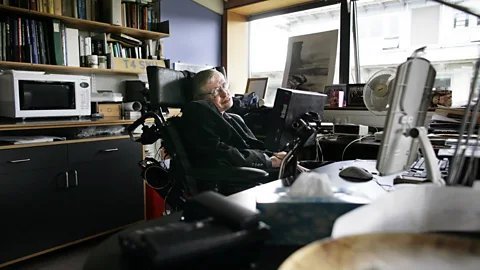
Beyond technical heroics, the project highlights broader implications for digital preservation. While cloud storage seems permanent, floppy disks expose how rapid obsolescence risks erasing cultural memory—Hawking's games or Kinnock's constituent letters might have seemed trivial at creation but now offer invaluable insights. Public workshops, like one hosted by Cambridge, invite individuals to rescue family histories, emphasizing that today's mundane files could be tomorrow's historical gold. As Rees reflects, "Floppy disks show us just how alien the past is. We have a better memory thanks to them." In this light, each recovered disk is a victory against forgetting, reminding technologists that innovation must include enduring stewardship—or risk losing our collective story to the void.
Source: BBC Future (Original article: https://www.bbc.com/future/article/20251009-rescuing-knowledge-trapped-on-old-floppy-disks)
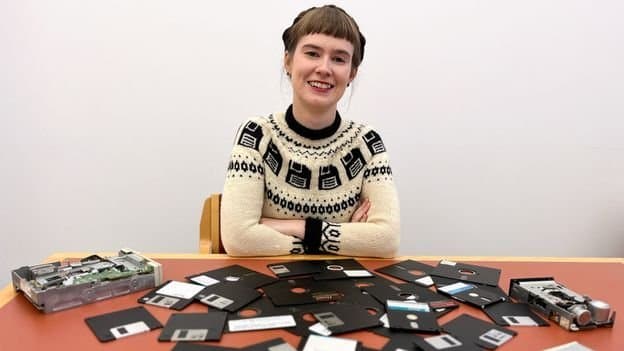
Comments
Please log in or register to join the discussion